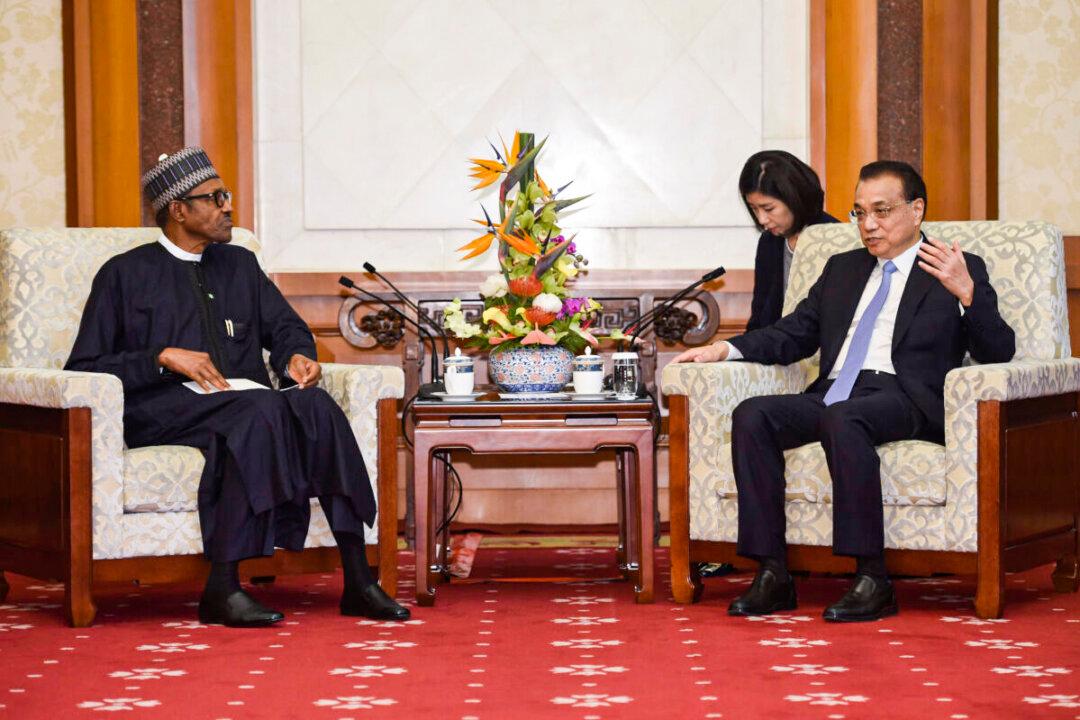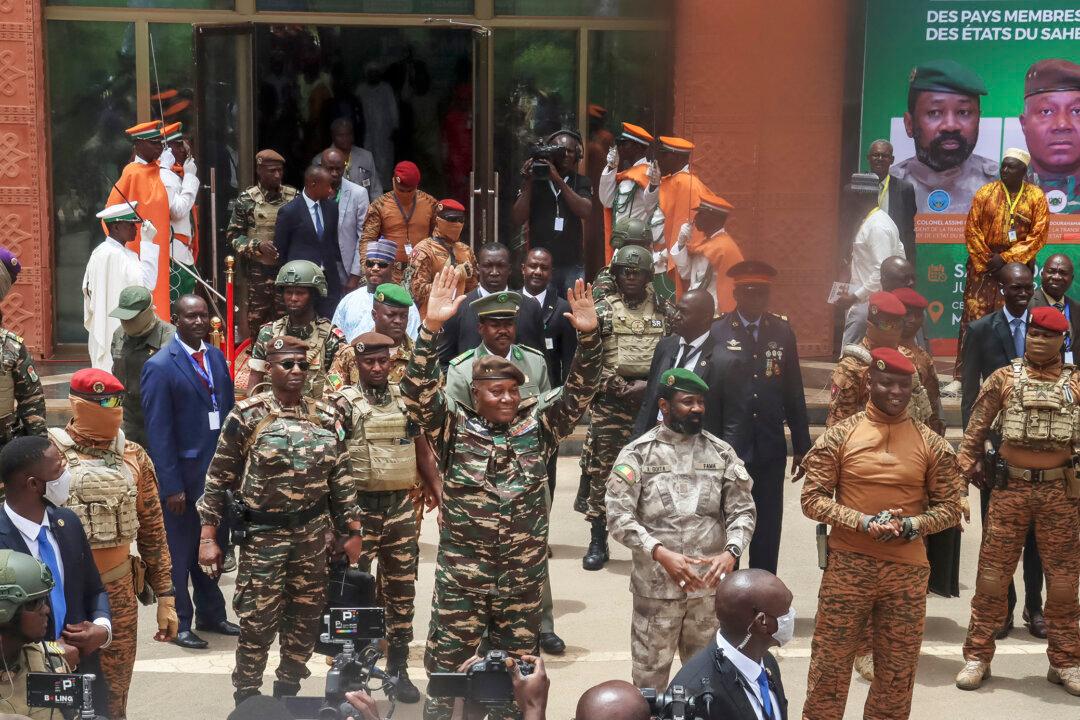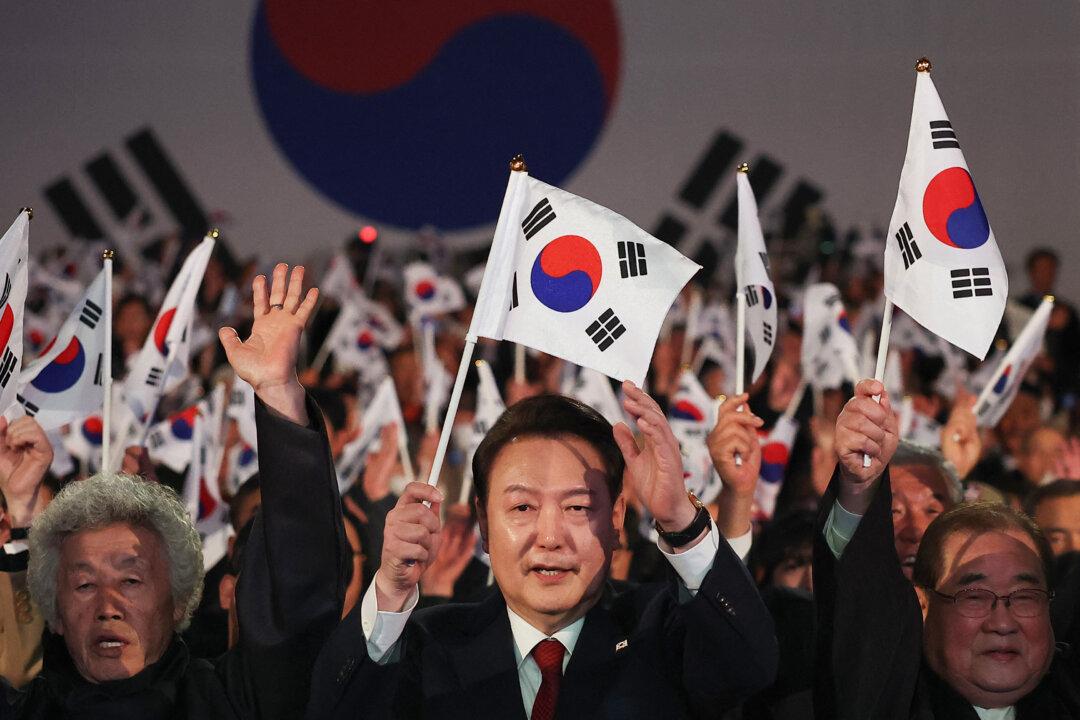The Chinese Communist Party’s (CCP) footprint is expanding across West Africa, and with it, China’s concern for its nationals in the region. Three Chinese nationals working at a hydropower plant in Nigeria were kidnapped on Jan. 4, pushing the regime in Beijing to review its security ties with the West African nation.
China’s ambassador previously had announced that criminal investigation experts would be sent to boost Nigeria’s efforts in its fight against terrorists and bandits.





